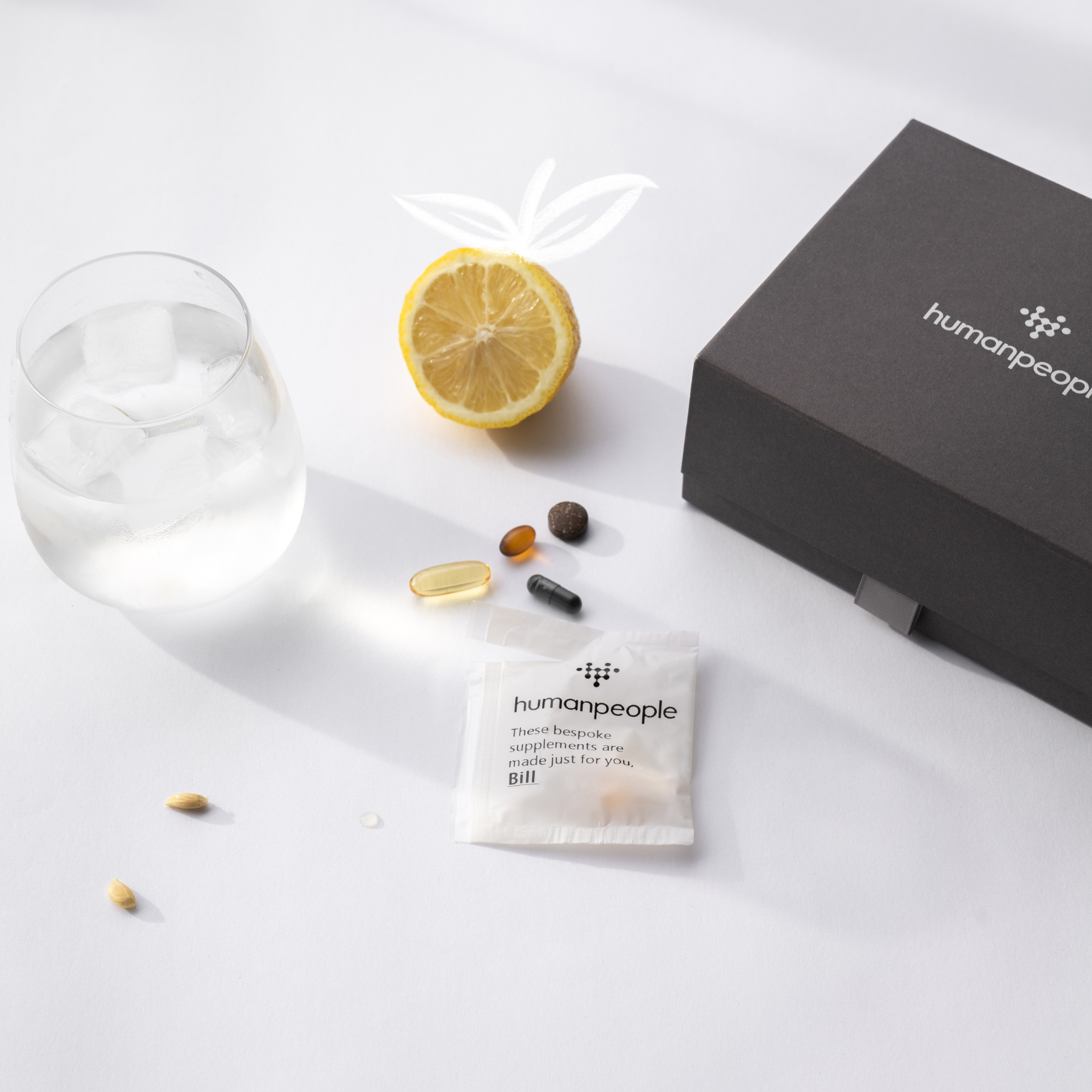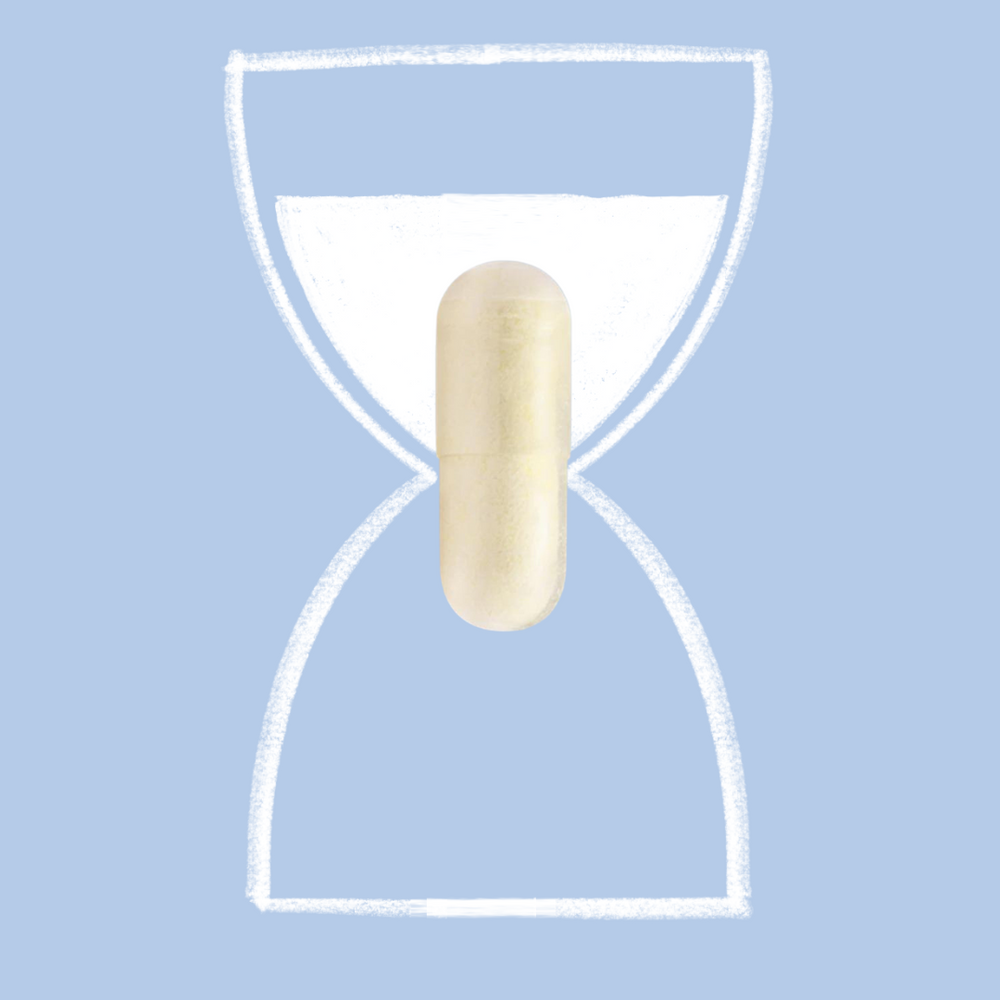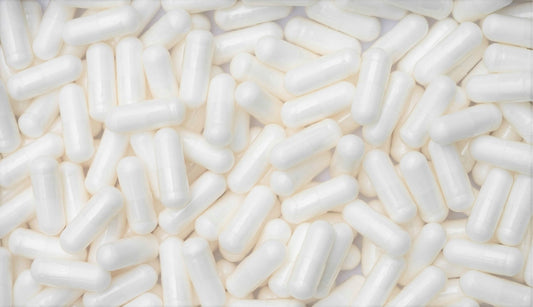Lorem ipsum
1
You have saved personalized supplements. Would you like to add them back to your cart?
£0.00 GBP
Your cart total must be £20.00 or more to proceed.
480mg
• Aids digestion
• Enhances exercise performance
• Supports liver health
Couldn't load pickup availability
 Vegan
Vegan
 Vegetarian
Vegetarian
 Non-GMO
Non-GMO
 GMP
GMP
 Gluten Free
Gluten Free
 No fillers
No fillers
Betaine hydrochloride plays a pivotal role in bolstering digestive function, especially in those with diminished stomach acid levels.
Beyond that, studies have illuminated its potential in enhancing exercise performance, explicitly augmenting strength and power. Moreover, its consistent consumption can foster liver health, a boon for individuals with liver afflictions or those with regular alcohol consumption.

• Digestive Aid: Betaine hydrochloride is renowned for bolstering digestive function, especially in those with decreased stomach acid levels.
• Enhanced Exercise Performance: Preliminary studies suggest that betaine might boost exercise performance, notably in strength and power metrics.
• Liver Health: Regular intake of betaine can foster liver health, beneficial for those with liver issues or frequent alcohol consumption.
Betaine hydrochloride functions primarily by amplifying the production of stomach acid. This enhancement in stomach acid production bolsters digestion and optimises nutrient absorption.
There's also a speculated protective effect on the liver, as betaine might boost the production of certain antioxidant enzymes. A pivotal aspect of its function is addressing low stomach acid, which, contrary to common beliefs, can cause reflux.
A lack of adequate stomach acid can elevate stomach pH, making the environment less acidic. This can inadvertently allow bacteria and undigested food remnants to reside in the stomach longer than necessary, elevating stomach pressure and causing relaxation of the lower oesophagal sphincter (LOS). This leads to symptoms associated with GORD and heartburn.
When taking betaine, an immediate effect is reduced belching when eating and reduction in heartburn and reflux. With time you may notice an enhanced exercise performance, particularly in strength-based activities.
Take 1 capsule daily with food and water, unless specified otherwise on the sachet.
* Percent Daily Values are based on a 2,000 calorie diet.
† Daily Value not established.
Vegetable Cellulose
Publications you might find interesting

1. Trepanowski JF, et al. (2010). The effects of chronic betaine supplementation on exercise performance, skeletal muscle oxygen saturation, and associated biochemical parameters in resistance trained men. J Int Soc Sports Nutr., 7(1), 27.
2. Galvan E, et al. (2012). Betaine in human nutrition. Ann Nutr Metab., 61(2), 152-165.
3. Del Bas JM, et al. (1998). Effect of betaine on liver function in chronic liver disease: A randomized, double-blind, placebo-controlled trial. Clin Nutr., 17(3), 151-157.
4. Craig SAS. (2004). Betaine in human nutrition. The American Journal of Clinical Nutrition, 80(3), 539-549.
5. Schwab U, et al. (2002). Betaine supplementation decreases plasma homocysteine concentrations but does not affect body weight, body composition, or resting energy expenditure in human subjects. The American Journal of Clinical Nutrition, 76(5), 961-967.

Gain access to your own data driven dashboard, health reports and personalised supplement plans.


• Supports cellular health and longevity
• Boosts NAD function
• Promotes skin health and elasticity

